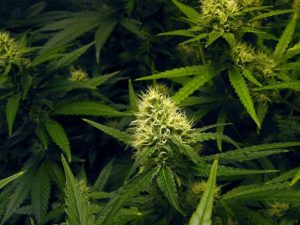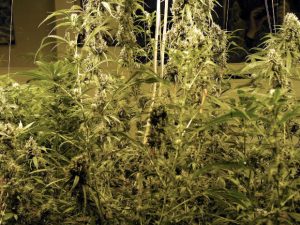Marijuana users across the nation have long faced employment sanctions related to their cannabis use – even when that use is sanctioned under state law by medical marijuana provisions. On November 9, 2016, personal use and cultivation of recreational marijuana became lawful within California. Many cannabis users assumed that – in addition to their right to use marijuana recreationally – their workplace rights would be protected, as well. Unfortunately they are not.

Current California case law allows employers wide discretion to create workplace drug policies for pre-employment drug testing and employee drug use. In 1997, the Superior Court of Los Angeles considered a constitutional challenge to the City of Glendale’s drug policy. (Loder v. City of Glendale,14 Cal.4th 846). Lorraine Loder alleged that the drug policy – which required drug tests of any applicant, and any current employee who applied for a promotion – violated the privacy guarantees of the state Constitution. In a somewhat surprising (and verbosely-dissented) opinion, the Court determined that pre-employment testing did not violate an applicant’s expectation of privacy, but promotional testing for current employees did. In general, the court disclaimed an employer’s right to conduct random drug screenings on employees without having particular reason to suspect drug use. The court left open an employer’s broader right to fashion wide-reaching drug policies, provided those policies did not otherwise infringe on state or federal law.
In 2008, the Supreme Court of California considered an employer’s drug policies in conjunction with an employee’s lawful use of medical marijuana (Ross v. RagingWire Telecommunication Inc., 174 P.3d 200). The Court – noting that the Compassionate Use Act contained no employment provisions – determined that there was no law or public policy which would require an employer to accommodate the medical use of marijuana, and affirmed RagingWire’s decision to fire Mr. Ross. This, too, created a broad right of employers to fire employees on the basis of marijuana use.
Continue reading

 Cannabis Law Group's Medical Marijuana Legal Blog
Cannabis Law Group's Medical Marijuana Legal Blog






 businesses opening their doors.
businesses opening their doors. The legalization of recreational marijuana in California on November 9, 2016, brought a host of unexpected questions for the commercial cannabis industry. Municipal and county ordinances have created a confusing web of compliance requirements for marijuana cultivators, distributors, and dispensaries. And in some limited areas, marijuana is simply banned altogether.
The legalization of recreational marijuana in California on November 9, 2016, brought a host of unexpected questions for the commercial cannabis industry. Municipal and county ordinances have created a confusing web of compliance requirements for marijuana cultivators, distributors, and dispensaries. And in some limited areas, marijuana is simply banned altogether.




